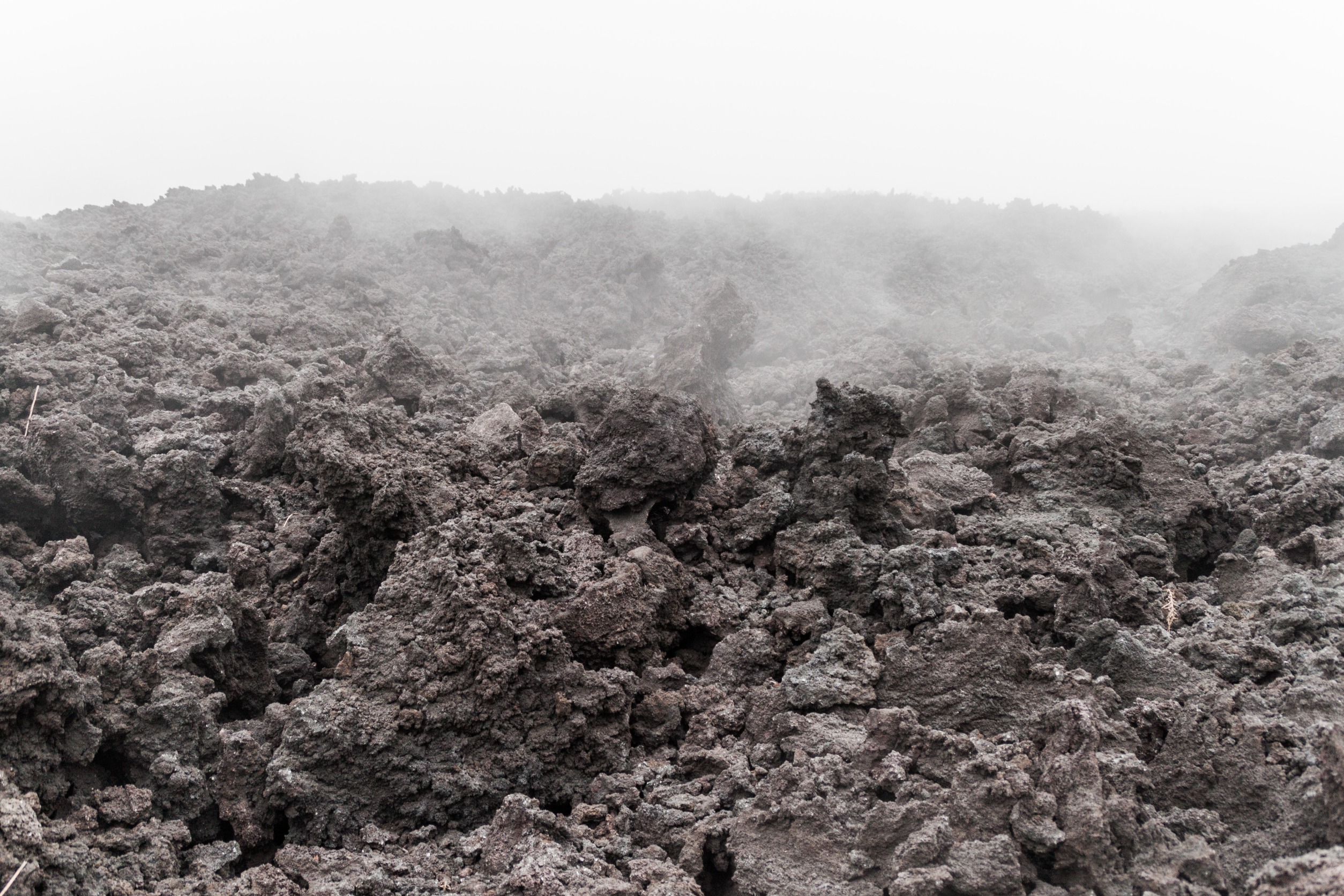After the assassination of Prime Minister Yitzhak Rabin in 1995, Aviv Geffen’s “Cry for You” became the anthem of the Israeli anti-war movement. Today, he’s still speaking up for peace.
Sander Donkers | April 2009 issue

“I am an unusual artist. Before I came on the scene, no one had the guts to criticize the government, the army and the occupation. I don’t give a damn. This is the way I see it: Israel is The Matrix
, and I’m Neo—the person who is opening their eyes and unveiling the truth.”
Clearly, Aviv Geffen isn’t lacking self-confidence. You could easily take his words to be arrogant, were it not for the fact that the context in which he’s been conveying his message for more than 15 years has tended to be reserved. After all, it’s one thing for a pop artist to preach peace and call on young people to start a revolution; it’s another for him to do it in Israel during several wars and at personal risk.
“In the eyes of the religious fanatics, I am literally the devil,” the 35-year-old musician says in a telephone interview. “At home, I can’t walk the streets without bodyguards and I constantly get death threats. Someone once wrote on my front door, ‘We’re going to slash your throat.’ It won’t stop me.”
Geffen was controversial from the moment he released his first song. An androgynous figure in lipstick and mascara who wrote about the rights of women and gays was sensational in Israel’s lethargic music scene. The fact that he threatened suicide were he forced to serve in the military—though he knew he wouldn’t be called up; he has back problems—created quite a stir. But since his song “It’s Cloudy Now” called on Israeli youth to let their voices be heard, he has become an artist not easily dismissed. “It’s Cloudy Now” became a hit despite being boycotted by Israeli radio, an experience that confirmed Geffen’s idea that he had a job to do.
Geffen comes from a famous family. “In Israel, we’re kind of like the Kennedys, but a lot poorer,” he says. His father, Jonathan, is a well-known writer and poet; his uncle was Moshe Dayan, the war hero who later became defense minister. Geffen was determined not to follow in his uncle’s footsteps. “I decided early on to break the circle and say out loud that the occupied territories are a cancerous growth in the body of Israel.”
Songs like “The Hope Song,” in which Geffen sings, “Let’s occupy the peace and not the territories,” made him one of the spearheads of the anti-violence movement in the mid-1990s. As a result, he shared a stage in November of 1995 with Prime Minister Yitzhak Rabin, the architect of the Oslo agreements. Geffen had taunted Rabin in his music, but the two publicly made amends, with a hug, in front of a crowd of 300,000. A few minutes later, Rabin was murdered by a religious fanatic.
“That was the most traumatic moment of my life,” Geffen says. “It has changed me forever. I was the last person Rabin spoke with, the last person who touched him. In a single blow, [the assassin] murdered a great man and the dream of peace. And he claimed he was sent by God.”
Geffen strongly believes that songs can change the world. “And I believe it is my role in life because someone has to tell the truth,” he says. “I want to tell people that there are a whole lot of Israelis like me, people who want to live in a free world. I am a pacifist. I don’t believe in smart bombs. I believe in smart people.
This is an edited and translated excerpt of an article that appeared in the Dutch weekly Vrij Nederland.












